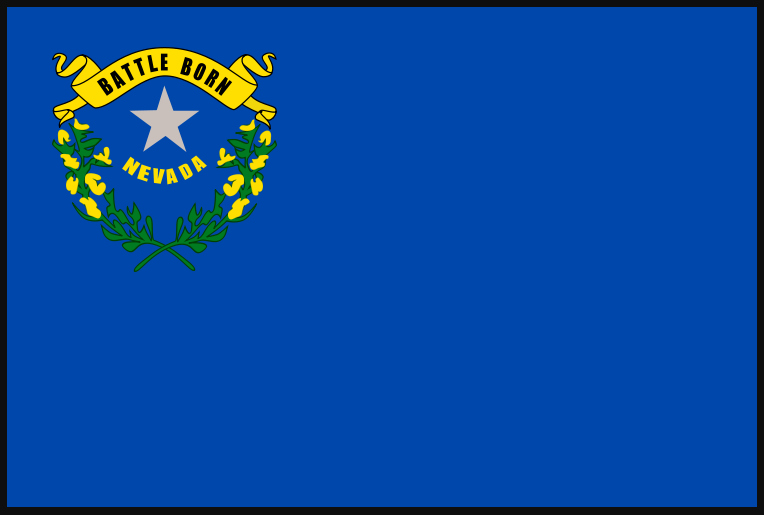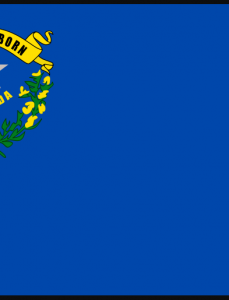Nevada Health Response Guidance: Directive 036 – Evictions
Who is covered by this Directive?
A “Covered Person” under this Directive is a natural person who:
- Is unable, due to circumstances related to the COVID-19 pandemic, to pay the full rent due to substantial loss of household income, significant loss of compensable hours of work or wages, a lay-off, or extraordinary out-of-pocket medical expenses;
- Is likely to become homeless or be forced to move into a congregate or shared living situation if evicted; and
- The individual:
- Expects to earn no more than $99,000 in annual income for Calendar Year 2020 (or no more than $198,000 if filing a joint tax return);
- Was not required to report any income in 2019 to the U.S. Internal Revenue Service; or
- Received an Economic Impact Payment (stimulus check) pursuant to Section 2201 of the CARES Act.
What types of evictions are paused by this Directive?
This Directive pauses residential evictions that are based on inability to pay rent, other than tenancies at will. It covers tenants on a weekly, monthly, or other periodic tenancy. These are referred to as “Covered Evictions.”
Does the tenant have to provide a declaration or other document to get the protections of this Directive?
Yes. The tenant must provide a declaration to their landlord that states under penalty of perjury that the tenant meets the requirements to be a “Covered Person.” A sample declaration is provided with the Directive.
Does this Directive stay Covered Eviction proceedings that were commenced before the Directive went into effect?
Yes.
Does this Directive apply to execution of a judgment of eviction for a Covered Eviction that was obtained before the Directive went into effect?
Yes. Even if a landlord has obtained a judgment for eviction of a tenant in a Covered Eviction proceeding prior to the effective date of this Directive, the landlord cannot have the tenant removed during the time period the Directive is in place.
Does the tenant still owe the unpaid rent?
Yes. The Directive only temporarily prevents the tenant from being removed from the premises. The tenant is still responsible for paying all rent due pursuant to the rental or lease agreement.
Can a landlord charge the tenant late fees or penalties for missing rent payments?
Yes. The Directive only temporarily prevents the tenant from being removed from the premises. It does not prohibit landlords from charging late fees or penalties pursuant to the rental or lease agreement.
Can a landlord evict a tenant for violating other terms of the rental agreement?
Yes. This Directive does not prevent evictions based on breaches of a rental agreement other than payment of rent and associated late fees or penalties.
Are there any exceptions that would allow for evictions for non-payment of rent during this Directive’s pause on evictions?
Yes. A tenant can be evicted if the landlord proves to the court that: (1) the tenant is not a Covered Person; or, (2) the property will soon be foreclosed on unless the landlord is allowed to evict the tenant.
How can a landlord invoke one of the two exceptions listed above?
The landlord must give the tenant notice of the eviction, as normally required by law, and that notice must also include notice that the landlord intends to either: (1) challenge the tenant’s eligibility; or (2) request an exemption from this Directive due to the threat of foreclosure.
The tenant can challenge the eviction by filing an answer in the court stating the reasons for the challenge, as normally provided by law.
The landlord can file a complaint or summary eviction action, but must submit, at the same time, the evidence the landlord has showing that one of the exceptions applies.
After allowing the tenant an opportunity to respond, the court will decide whether the tenant is a Covered Person or whether the action is exempt from this Directive due to the threat of foreclosure.
All Information provided by the State of Nevada Governor’s website, click the link below to go to the source:


Great article, totally what I needed.